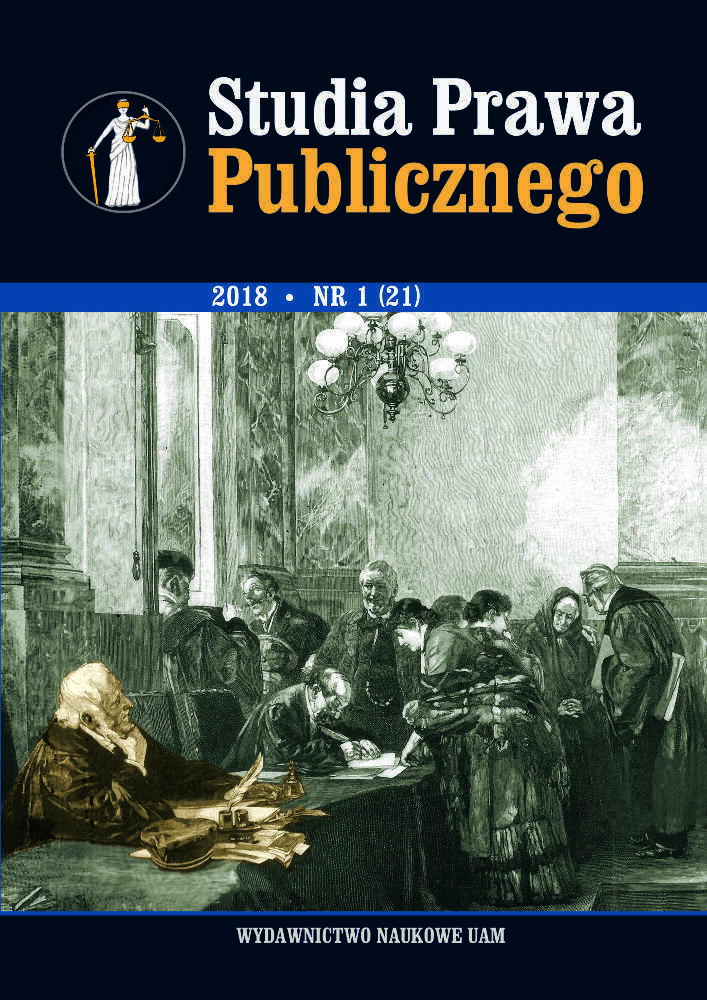Abstract
There is a dispute in the Muslim Religious Union in Poland over the appointment of Mufti. A schism in this religious community has been going on since 2016. This situation is a source of challenges for state authorities – religious administration
and courts – as regards the application of numerous principles of the Constitution of the Republic of Poland of 1997. These principles include: the autonomy and independence of religious associations in their scope, legalism, legal certainty and the trust of citizens in the state and the law created by it. The legal status of the Union is based on anachronistic legal acts: the Act of 21 April 1936 on the relationship between the State and the Muslim Religious Union in the Republic of Poland and the statute approved by the Council of Ministers by way of a decree of 26 August 1936. In practice, the Muslim Religious Union applies an internal statute of 2009. The authorities of the religious administration and courts try to maintain neutrality and not to interfere in the internal dispute in the Muslim Religious Union. This is in line with the standards resulting from the rulings of the European Court of Human Rights and the constitutional principle of autonomy and independence of religious associations. However, there is legal uncertainty. Hence it is urgent to repeal the 1936 law and statute. This may be done either by a decision of the Constitutional Tribunal or by the adoption of a new law based on the Muslim Religious Union’s agreement with the Council of Ministers. However, the revision of the legislation concerning the Muslim Religious Union requires compliance with Article 25 (5) of the Constitution of the Republic of Poland, i.e. the agreement of the Council of Ministers with the Muslim Religious Union. The latter may sabotage any project that foresees the limitation of its competence. The government has limited scope for influence on the Mufti. In conclusion, one may be under the impression that the ruling functions of the state in the Muslim Religious Union have already been paralysed.
License
Copyright (c) 2018 Paweł Borecki

This work is licensed under a Creative Commons Attribution-NonCommercial-NoDerivatives 4.0 International License.
